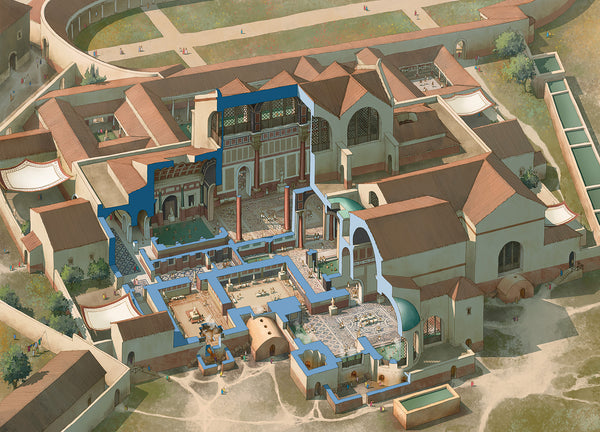Reading the reader
The editor’s job at niche magazines like ours requires a demanding list of personal properties. First of all, you’ve got to be knowledgeable and deeply interested in that particular niche.
Second, you’ve got to be proficient at coordinating a series of editors and illustrators around the world (a talent otherwise known as cat-herding), and be able to arrange replacements at the last minute if something falls through. In other words, you’ve got to be both a master planner and very flexible. Third, you’ve got to be more than capable of dealing with the English language, although any deficiencies there can be at least alleviated with a good proofreader.
Fourth, and probably most important of all, you’ve got to be a mind-reader. An editor has to know, somehow, what his readers will enjoy reading, to strike a balance between easy reading, accuracy and academic rigor, between personal accounts and technicalities, between general topics and the specific. You also have to have an implicit understanding of what your readership already knows and what needs explaining, what they would like to know and what they already know, but enjoy seeing confirmed anyway.
Now, I don’t mean the above as a plea for sympathy, though any you have to give is gratefully accepted. 😉 We all got into this job with our eyes open (at least, I think so. It’s been too long…). It’s just that the above has been on my mind a lot over the last year while we changed the editors around for Ancient Warfare, Ancient History and Medieval Warfare. Moreover, it’s kinda fun to measure our editorial team by the above standards and see where everyone’s strengths and weaknesses are, and it’s downright fascinating to discuss point four.
I’m sure you won’t be surprised to hear that every one of us would aim their balance slightly differently. And knowing that, you won’t be surprised that Josho changed themes around and planned to cange up the editorial format as soon as he took over Ancient History. Similarly, I’ve already mentioned some new sections in Ancient Warfare and I’m contemplating some more. Having said all that, our ‘spider sense’ is based on a combination of vision for the magazine, our gut, and conversations with each other as well as with readers both online and offline. Obviously, that’s academically not very rigorous.
Hence the 2017 Karwansaray Reader Survey. Here’s your chance to say what you truly enjoy about Ancient Warfare, Ancient History, and Medieval Warfare, and give us a bit firmer ground to go on. The survey shouldn’t take more than 5-10 minutes, there’s a €5 discount coupon for everyone as well as a chance to win some great prizes.


